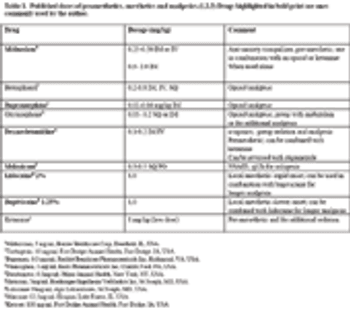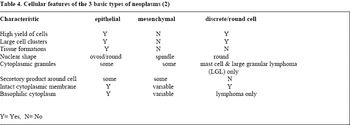Articles by Peter G. Fisher, DVM

Sacculus rotundus; spherical thick-walled enlargement at ileocecal junction. The adjacent cecum has a round patch of lymphoid tissue called the cecal tonsil. The increased thickness of these two lymphoid structures is due to aggregates of organized lymphoid tissue and macrophages in lamina propria and submucosa. Important to recognize this palpable thickening as normal.

State-of-the-art improvements in how we feed and provide medical and surgical care for exotic mammals has resulted in a greater lifespan for these beloved family pets. Many exotic mammal owners are dedicated to the health and well-being of their pets and expect the best in medical care including perioperative care. Utilizing the practice team to provide superior medical and surgical care is the goal.

When performing surgery in ferrets, rabbits, guinea pigs and rodents one must take into consideration the small size, rapid metabolic rate and unique physiology of these species. Perioperative supportive care including fluid therapy, prevention of hypothermia, and pain management are essential in ensuring the successful outcome of these small surgical patients. In general, ferrets are very hardy surgical patients and can withstand a high degree of surgical trauma, whereas rabbits and guinea pigs are sensitive surgical patients that require minimal tissue handling and close anesthetic and post operative monitoring.

The average life span for the domestic ferret is six to eight years, the domestic rabbit seven to ten years, the guinea pig three to four years and for the rat two to three years. Veterinarians consider the ferret and rabbit to be middle-aged at three years and geriatric at five or more years of age, while a two year old rat is already entering its senior years.

State-of-the-art improvements in how we feed and provide medical and surgical care for the pet rabbit (Oryctolagus cuniculus) has resulted in a greater lifespan for this beloved family pet. The rabbit is the most popular exotic patient seen in the author's small animal and exotics practice and many rabbit owners are dedicated to the health and well-being of their pets and expect the best in medical care.

Cytology is a diagnostic tool that may be utilized on a daily basis in veterinary practice as it allows for quick answers with minimum of expense. The goal as a veterinary practitioner with a special interest in cytology is not always to make a definitive diagnosis based on cytologic results, but to help narrow the number of diagnoses on the differential list and give information on prognosis and help direct the formulation of a diagnostic and treatment plan.

For the dog and cat veterinarian, making the transition to include exotic companion mammals in the practice caseload is not difficult. The extent of special equipment needed varies with the degree to which the veterinarian plans to pursue this field of interest.







